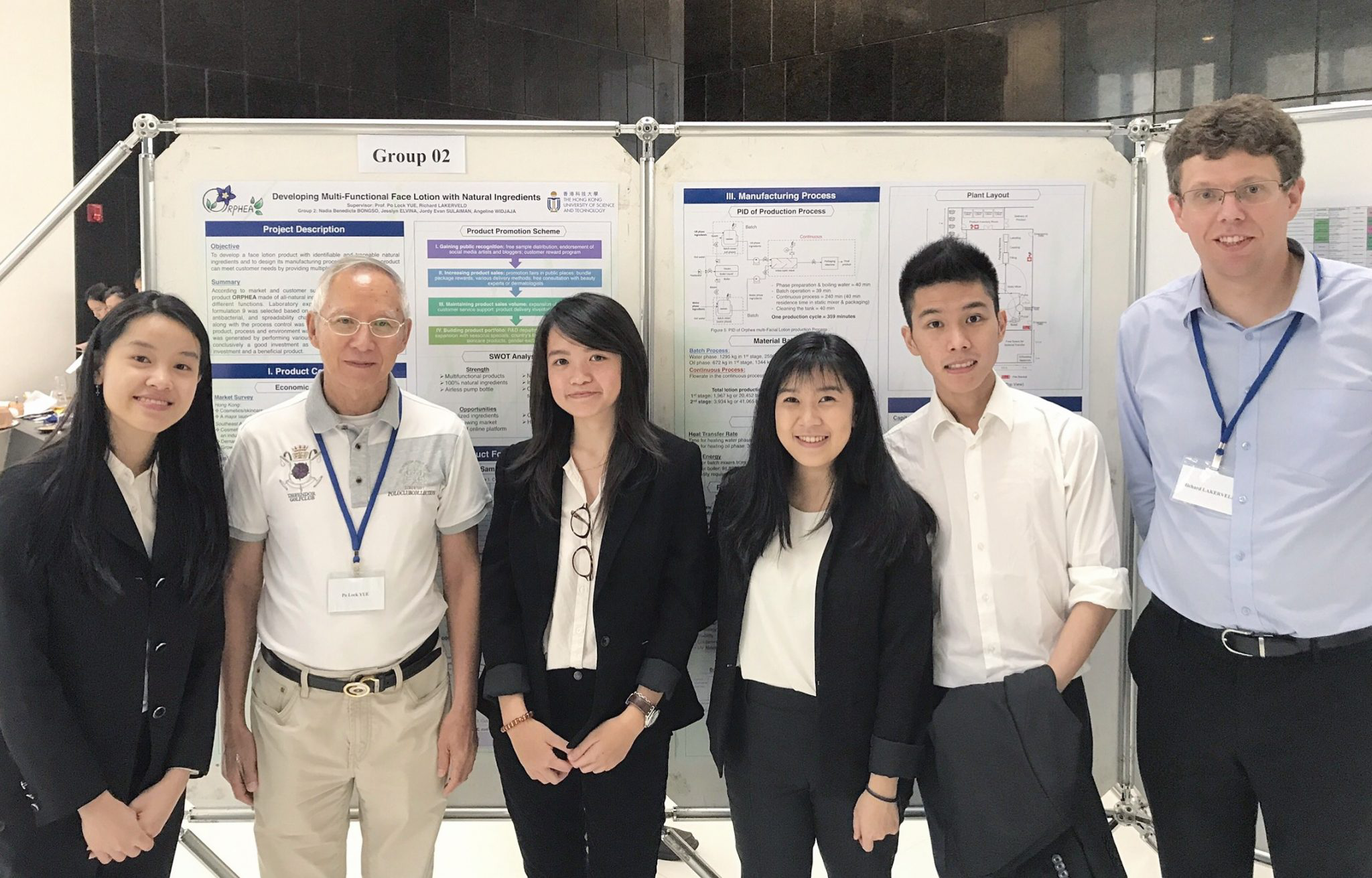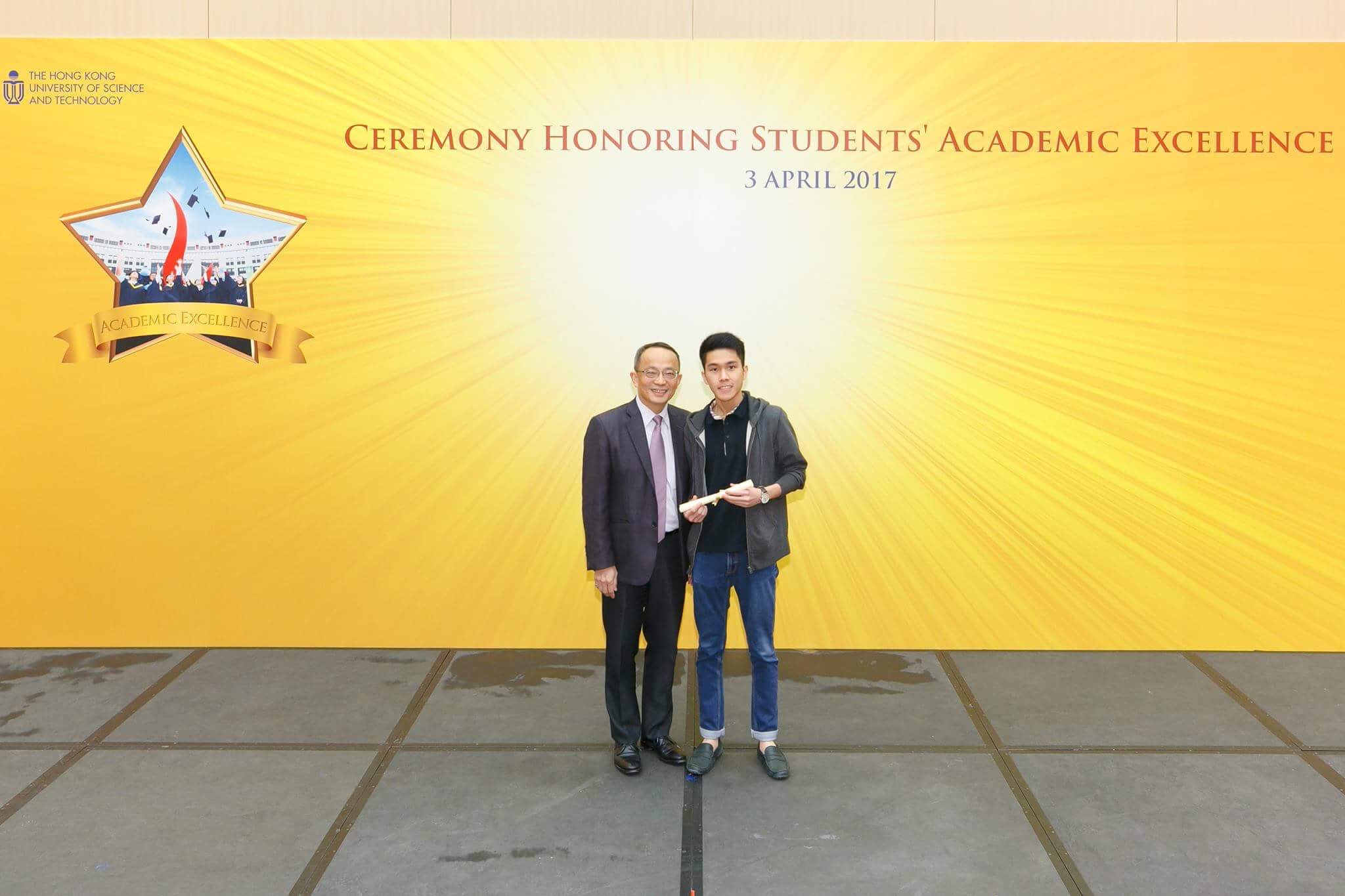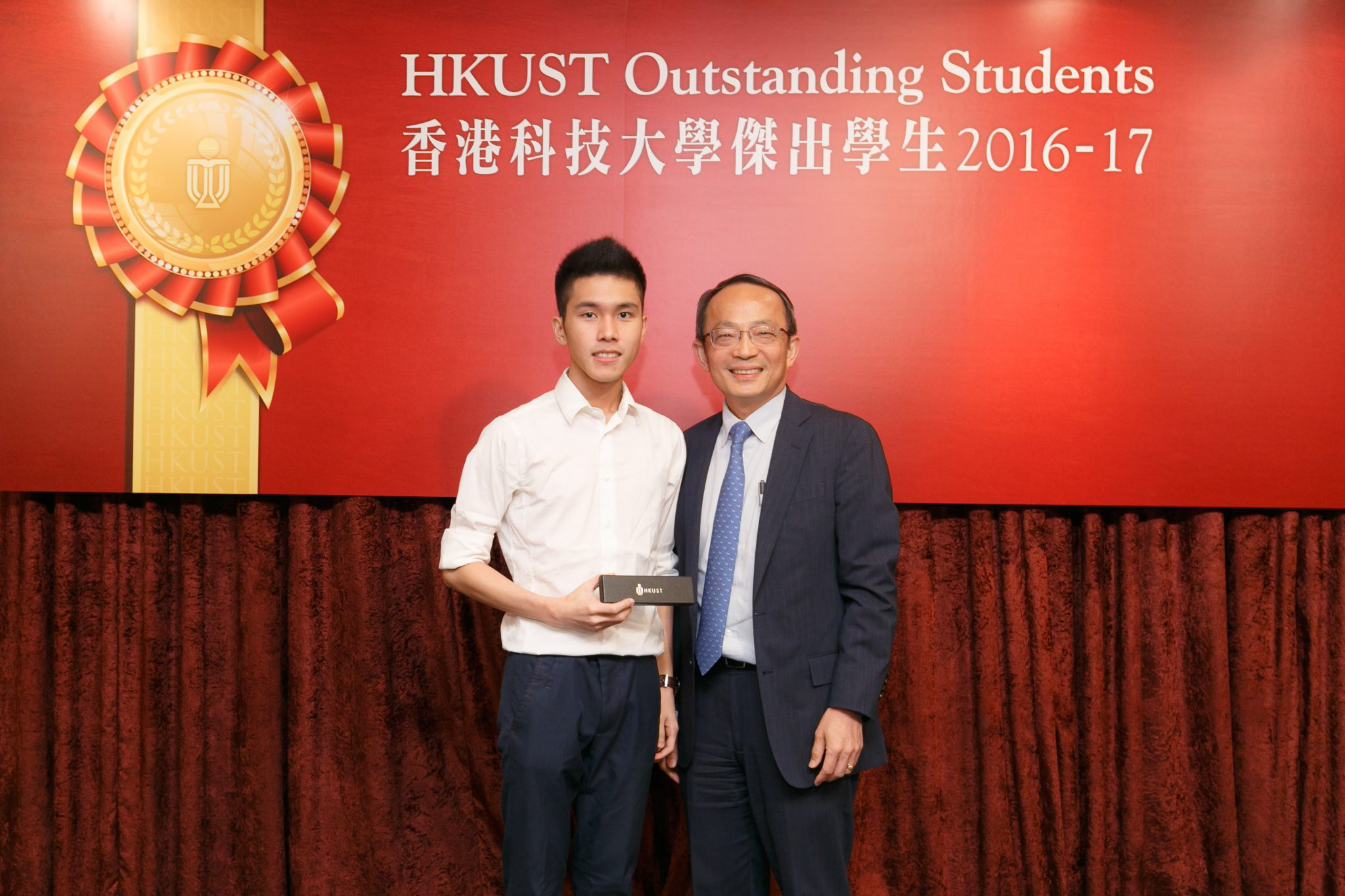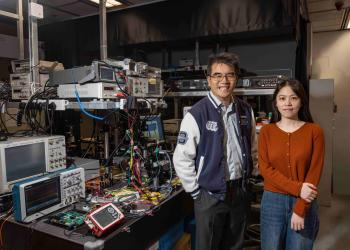Infinite Passion for Science
You don’t have to wait for postgraduate studies to produce significant research at HKUST.
4th year engineering student Jordy Evan Sulaiman, from Indonesia, faces the same old phenomenon every time he returns home: roadside pollution. The problem has plagued his home country since he was a kid, and he grew up thinking how he could find a cure via science.
The passion brought Jordy to HKUST, where he got a head-start to begin a research career as an undergraduate. Last summer, the chemical and biomolecular engineering major found a way to advance a more sustainable future for us all, successfully undertaking a clean energy research project to boost the adoption of direct ethanol fuel cells as an alternative power source.
Certainly, a challenging undertaking for an undergraduate. But Jordy, then in Year 3, was already an experienced researcher, thanks to the additional activities available at HKUST to gain early exposure to discovery. As a Year 1 student, he had been one of the team leaders of the HKUST team participating in the international iGEM synthetic biology competition in the US, helping to create a gold-medal winning bacterial sensor to detect the dangerous Streptococcus Pneumoniae bacteria. In Year 2, he joined the University’s signature Undergraduate Research Opportunities Program (UROP), developing a mosquito repellent bead bracelet using essential oils, under the supervision of Prof King Lun Yeung.
During the fuel cell project, supervised by Prof Minhua Shao and also part of the UROP scheme, Jordy battled to alloy platinum (Pt) with nickel (Ni) and modify the catalyst’s shape to improve its performance. He failed several times before finally achieving this but the results made his persistence and endeavor worthwhile. His octahedral Pt-Ni catalyst was over seven times more active than commercial platinum. It was also more durable and demonstrated excellent stability. Findings are now published in the American Chemical Society’s international journal Catalysis.
In such research work, Jordy found himself enthused and motivated by the University’s supportive environment. In the fuel cell study, he met up with Prof Shao around twice a week to gain advice on problem solving while postgraduate researchers showed him how to use the lab equipment and provided a program to help him analyze his data. In turn, they found Jordy possessed the qualities of a true researcher: he was curious about how the world works, appeared in the lab every day to solve problems, and continued to work on understanding the data when back in his room. “When you uncover a solution, it makes you so happy,” he said.
Jordy also demonstrated on-going passion for different areas of discovery. For his final-year project in Year 4, he moved on to develop an all-natural multifunctional face lotion. “I love helping people by solving problems and really appreciated the chances that HKUST provided to try diverse types and areas of research ahead of postgraduate studies,” he said. “I felt so proud to have my fuel cell article accepted for publication. That’s not easy and doesn’t happen very often to an undergraduate anywhere.”
Jordy is now exploring DNA, proteins and bioengineering as an MPhil student at HKUST.













